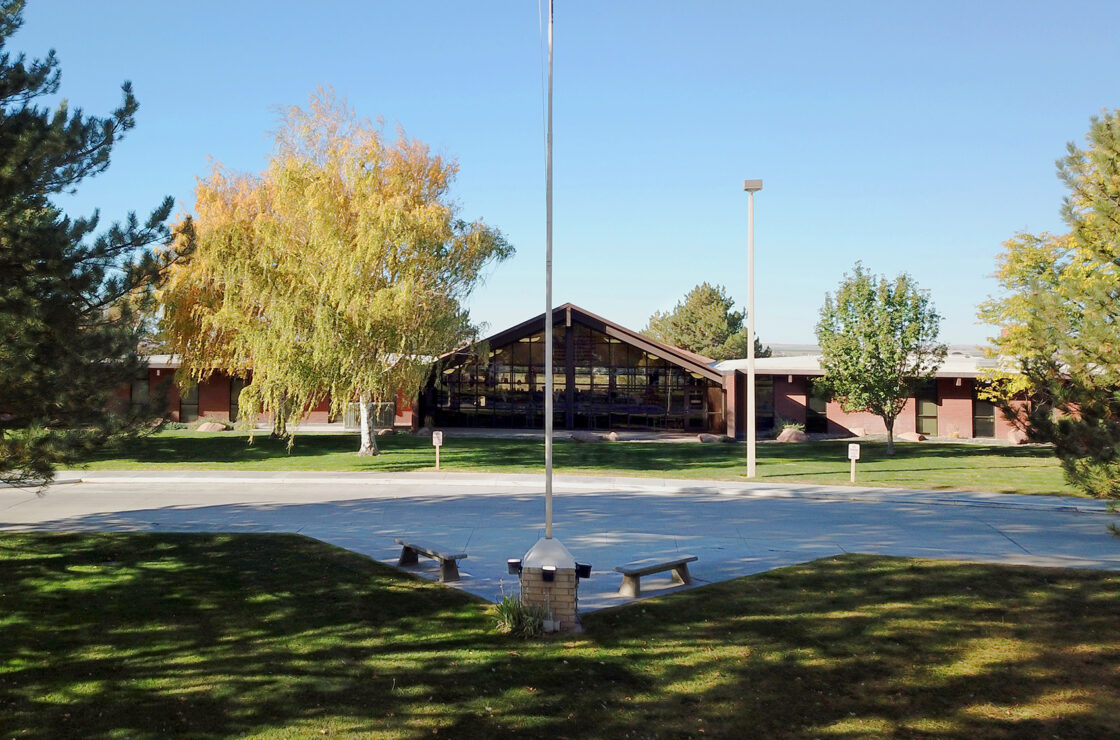Responsibilities
- Provide education, consultation, support, and follow-up to faculty, staff, administration, and students in order to assist individuals who present concerning or disruptive behaviors.
- Gather information about situations involving concerning or disruptive behavior, assess the need for intervention, and recommend appropriate prevention, intervention, and response strategies.
- Expect confidentiality at all times.
- Develop and review policies and protocols that address behavioral concerns within the EWC community.
- Make recommendations to the Executive Dean of Academic Services, Executive Dean of Student Services, and/or Director for Human Resources with regard to problematic behaviors.
Signs of Dangerous Behavior
- Threats to self and others, including suicidal (thoughts, feelings, expressed intentions and ideations), para-suicidal (extreme self-injurious behaviors, eating disorder, personality disorder), and homicidal behavior.
- Engaging in risk-taking behaviors (e.g. substance abusing).
- Hostile, aggressive, and relationally abusive.
- Deficient in skills that regulate emotion, cognition, self, behavior, and relationships.
- Profoundly disturbed, detached view of reality.
- Unable to care for themselves (poor self-care/protection/judgment).
- At risk of grievous injury or death without intent to self-harm.
- Often seen in psychotic breaks.
Signs of Distressed Behavior
- Emotionally troubled (e.g. depressed, manic, unstable)
- Individuals impacted by situational stressors and traumatic events that cause disruption or concern.
- Maybe psychiatrically symptomatic if not coping/adapting to stressors/trauma.
- Behavior may subside when the stressor is removed or trauma is addressed/processed.
Signs of Disturbed Behavior
- Increasingly disruptive or concerning behavior, unusual and/or bizarre acting.
- May be destructive, apparently harmful, or threatening.
- Substance misuse and abuse; self-medication; erratic medication compliance.
Frequently Asked Questions
Why submit a concern?
If you have a concern about the health, safety, or behavior of an Eastern Wyoming College student, faculty, staff, or visitor, you are encouraged to notify LancersCARE using Share a Concern. If you have any questions regarding filing a concern report, please contact the Chair of the LancersCARE, at 307. 532.8288 or email care@ewc.wy.edu.
Can I remain anonymous?
Although anonymous reports may be submitted, we encourage you to include your name and contact information so we may follow up with you for any further clarification that may be necessary. Please provide as much detailed information regarding the concern as possible. If sufficient information is not provided, LancersCARE may be limited in its response.
What happens next?
Once a report has been received by LancersCARE, it will be reviewed by a team member. The team will assess the situation, which may or may not include contacting the individual, you, and any involved parties you have identified.
Where can I go to find suicide prevention resources?
We can all help prevent suicide. The 988 Lifeline provides 24/7, free, and confidential support for people in distress, prevention and crisis resources for you or your loved ones, and best practices for professionals in the United States. In case of emergencies dial 911.
Counseling
The EWC Counseling Office is committed to promoting student’s academic, social, and personal success. Our primary objective is to provide comprehensive support, enabling students to overcome challenges and thrive throughout their college journey.
Our Comprehensive On-Campus Approach is free of charge and confidential. It includes crisis intervention, individual counseling, group counseling, preventative services, outreach and education, referral services, crisis response, accessibility and inclusivity, and stigma reduction.



